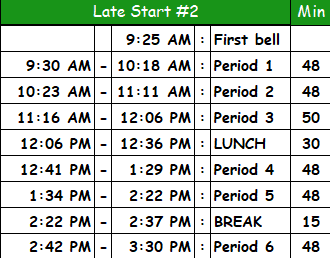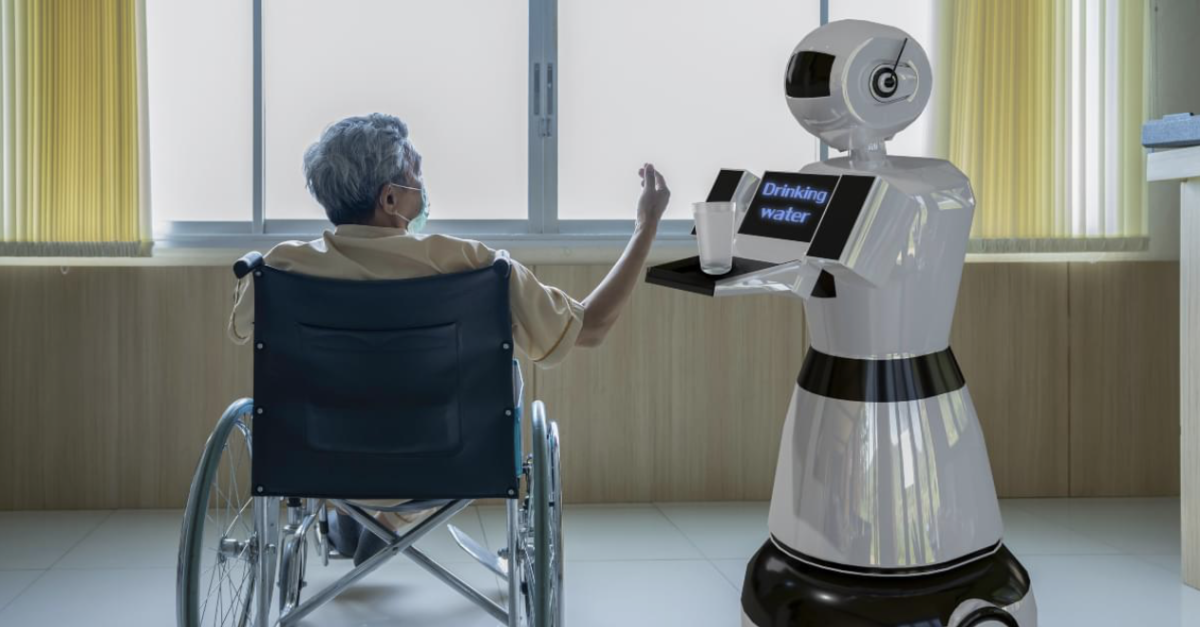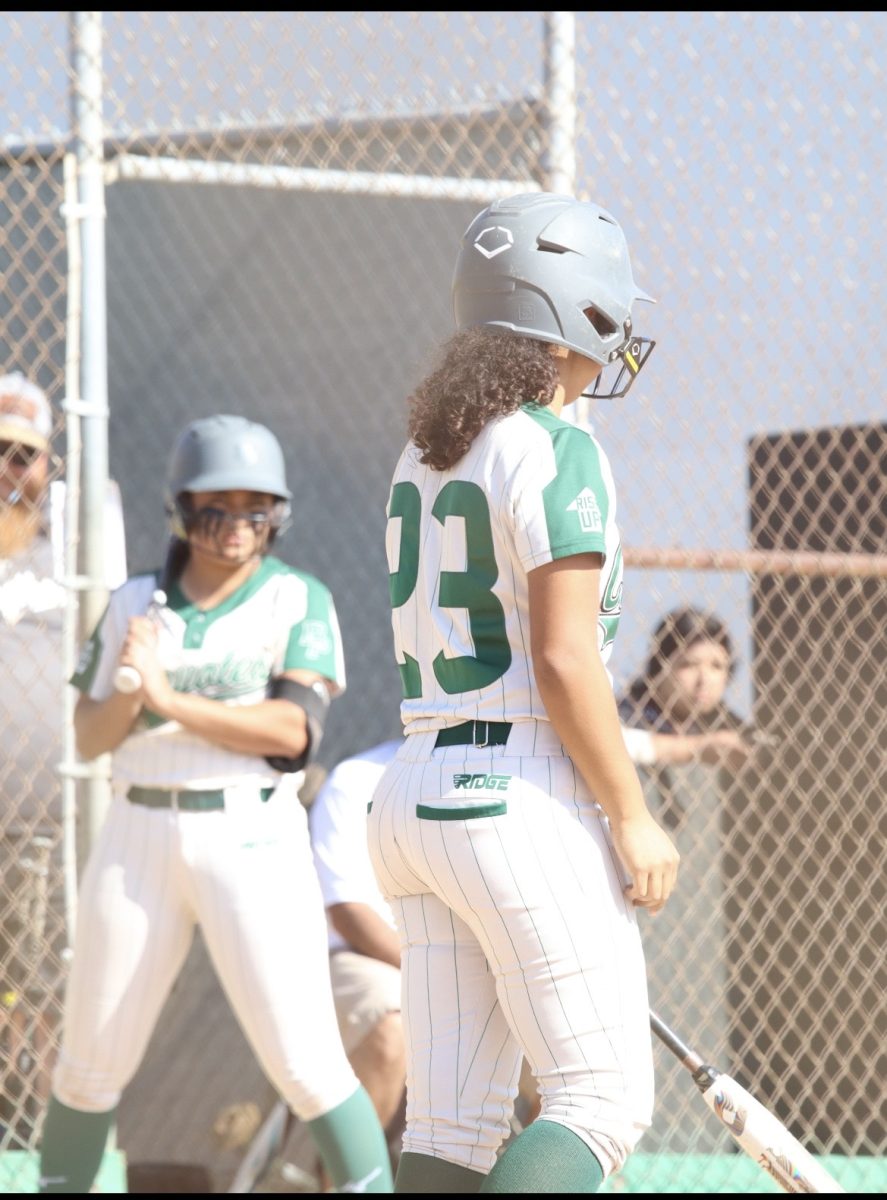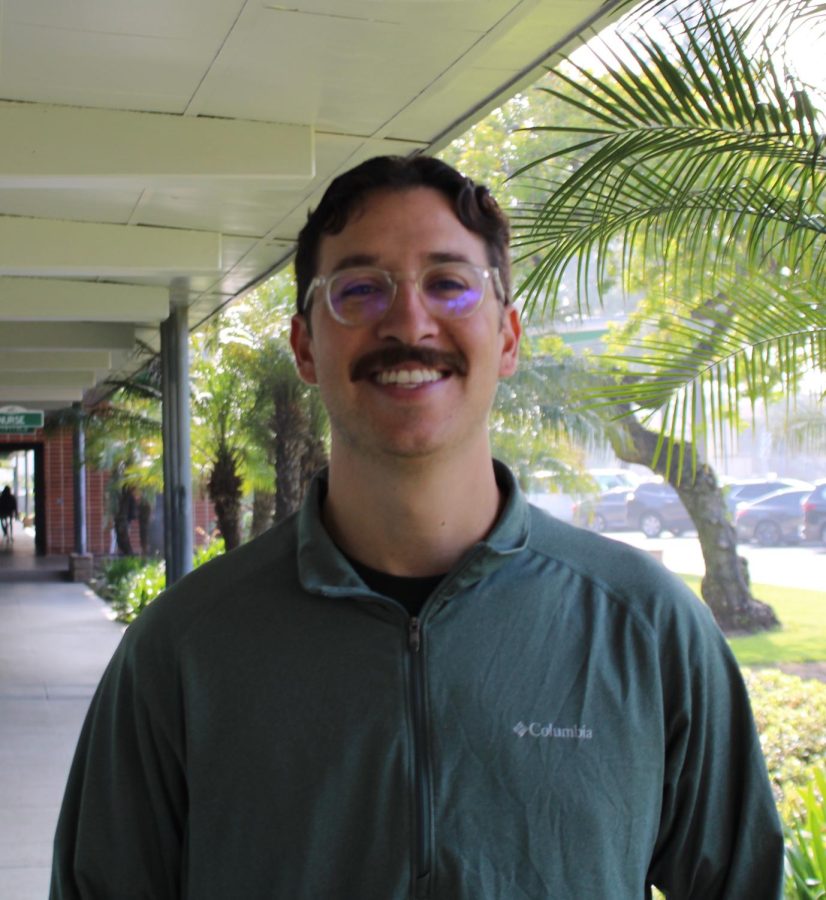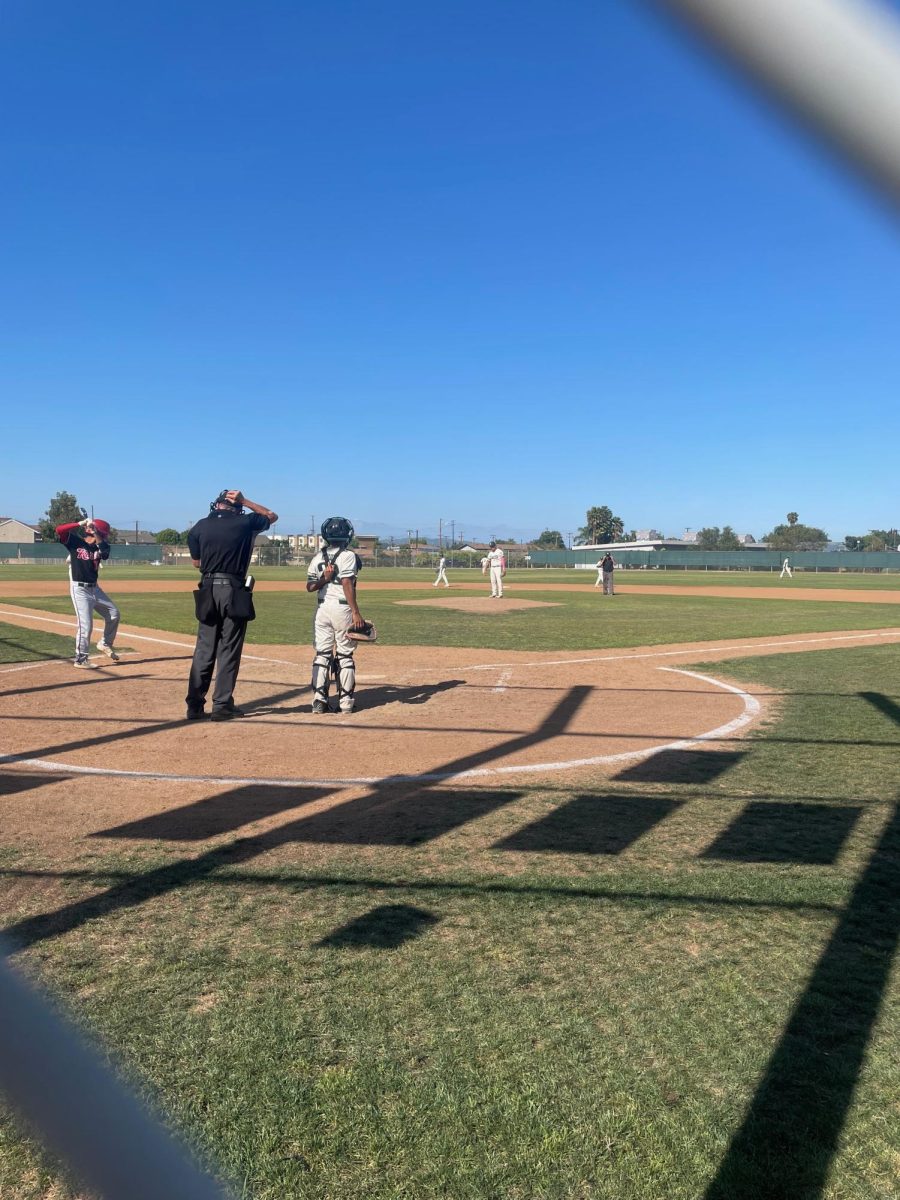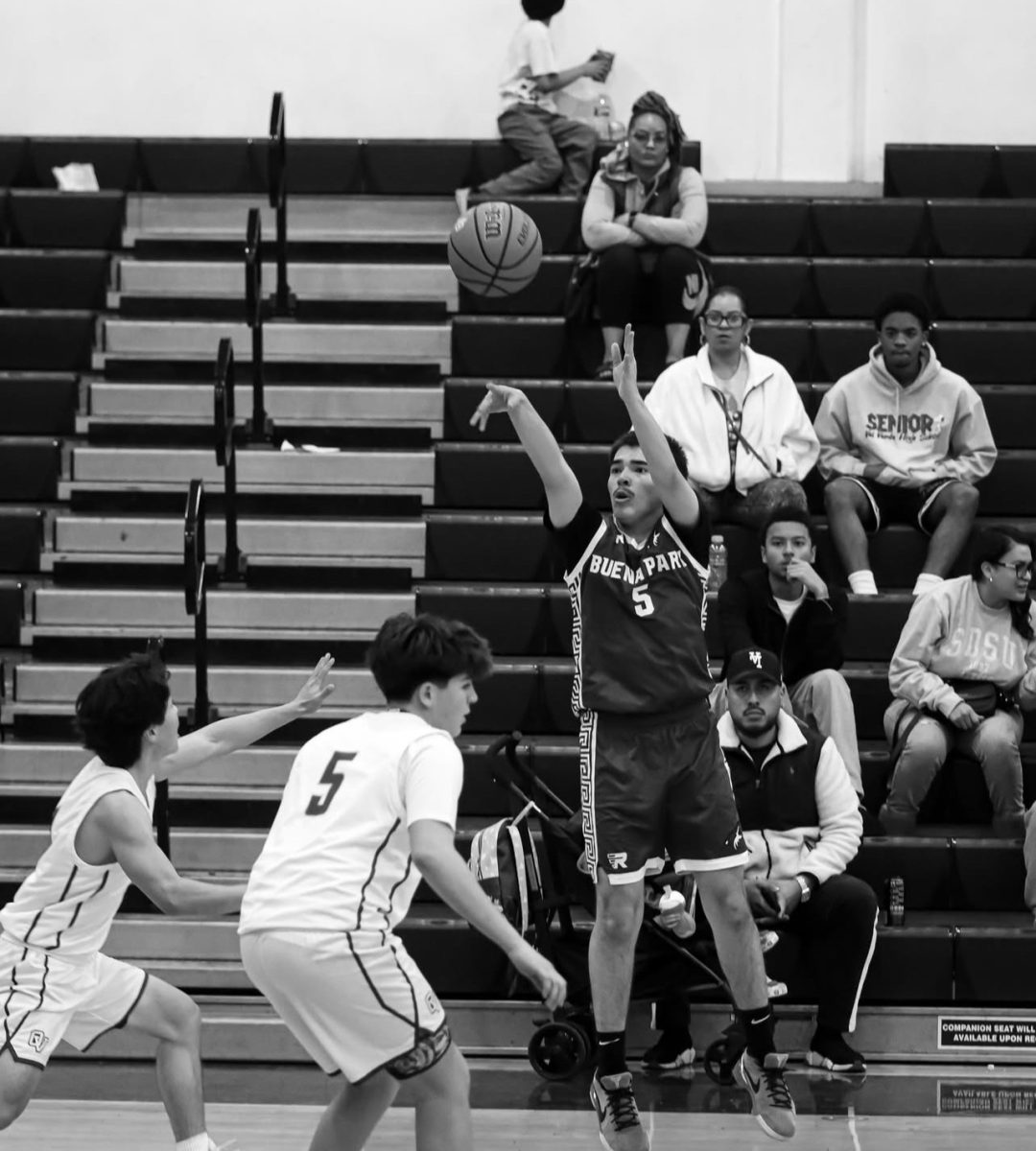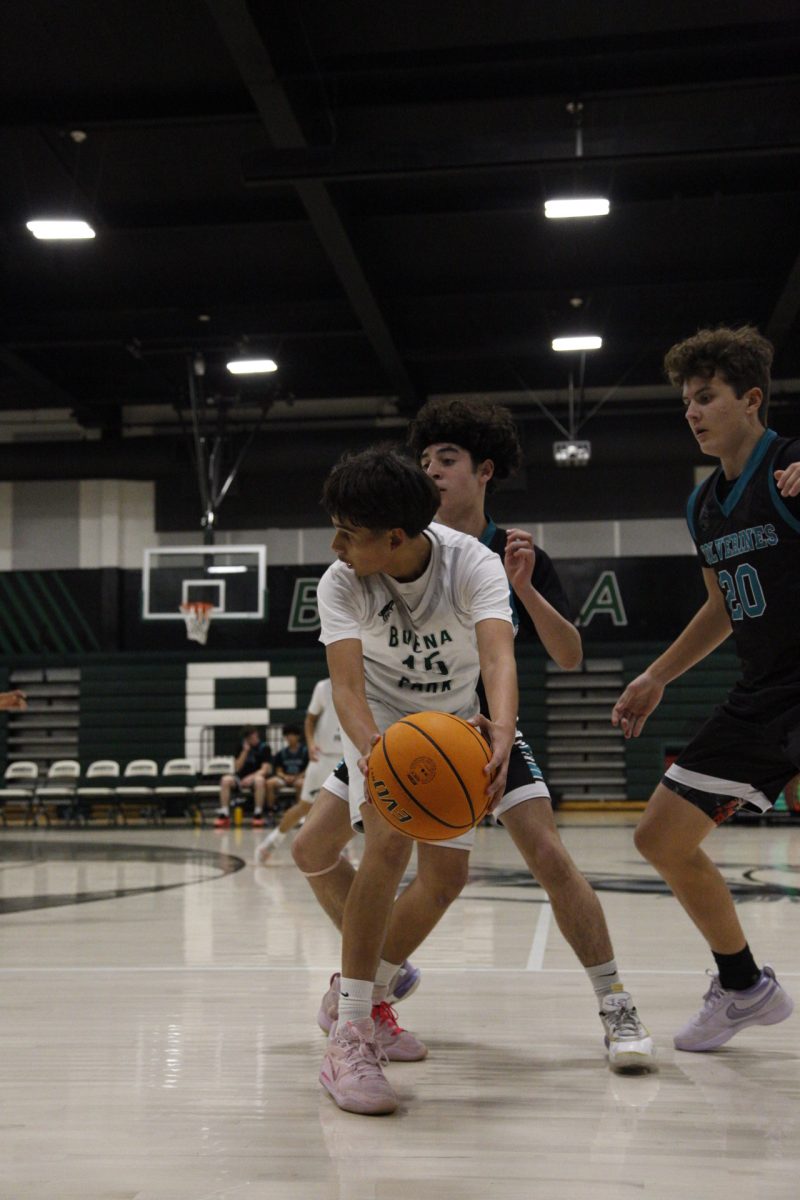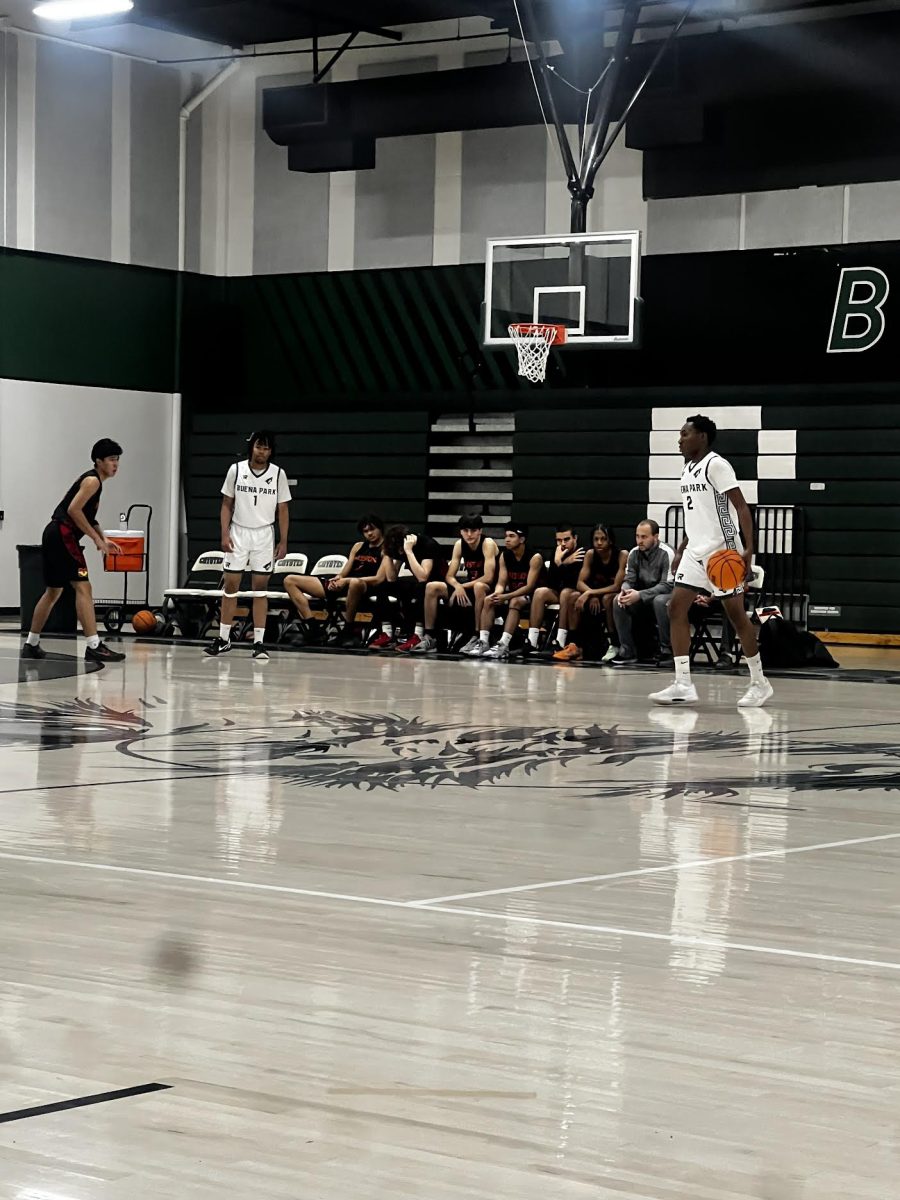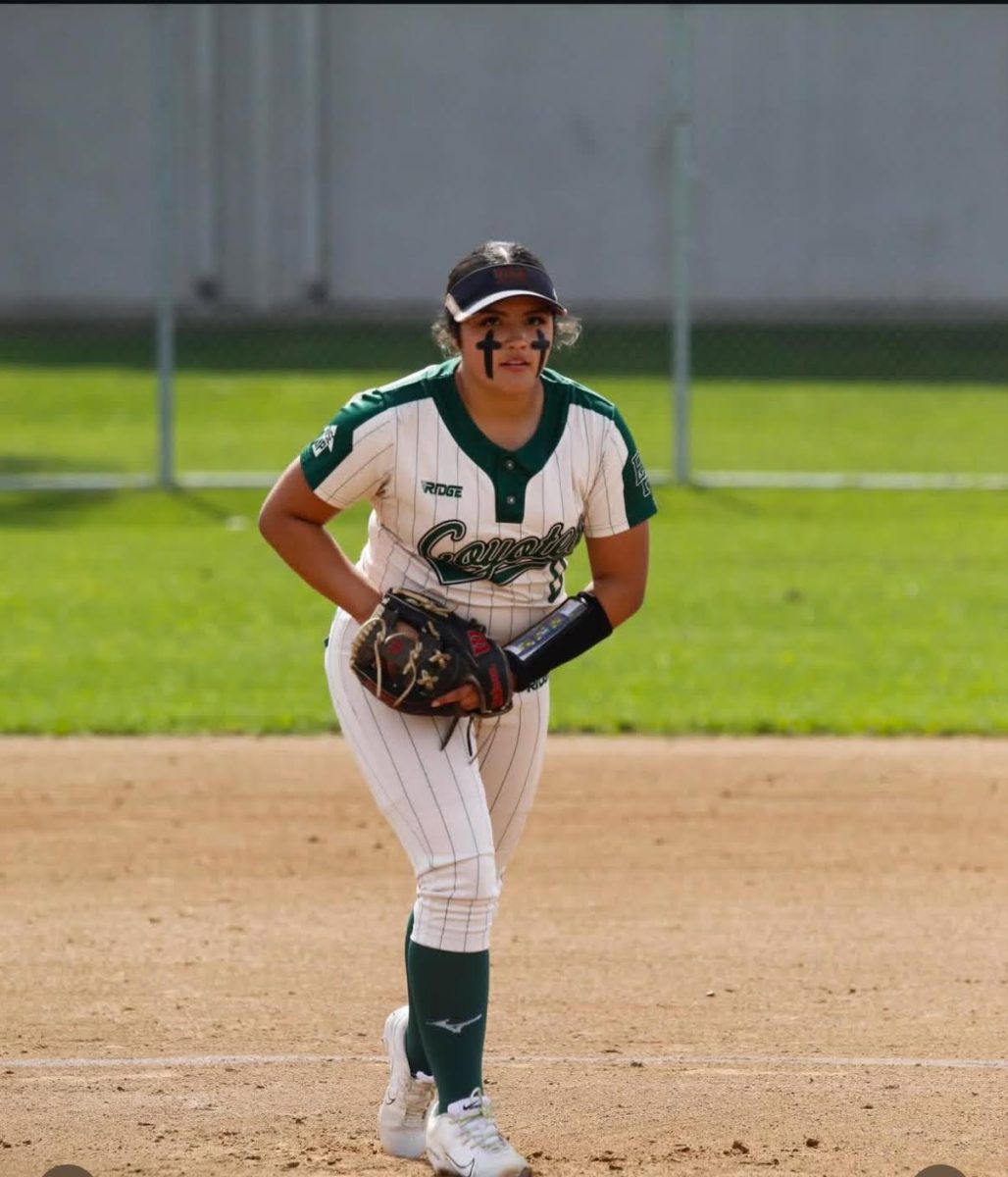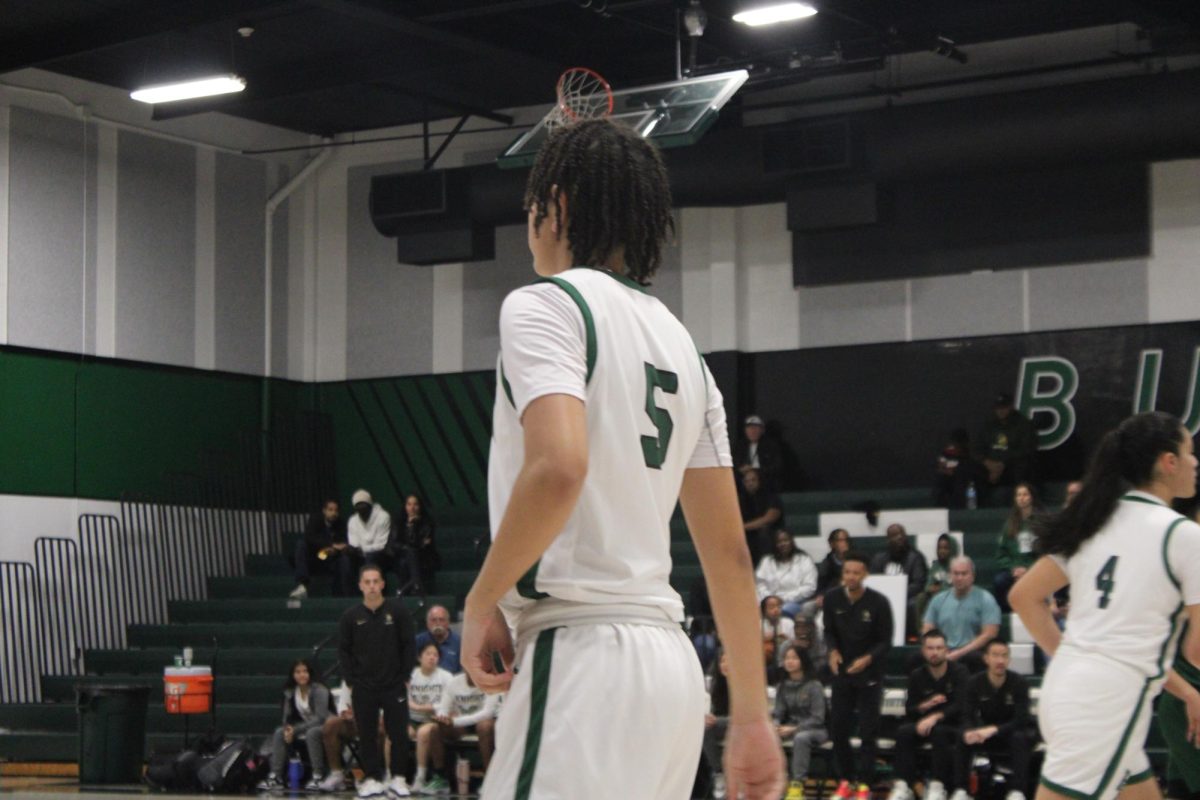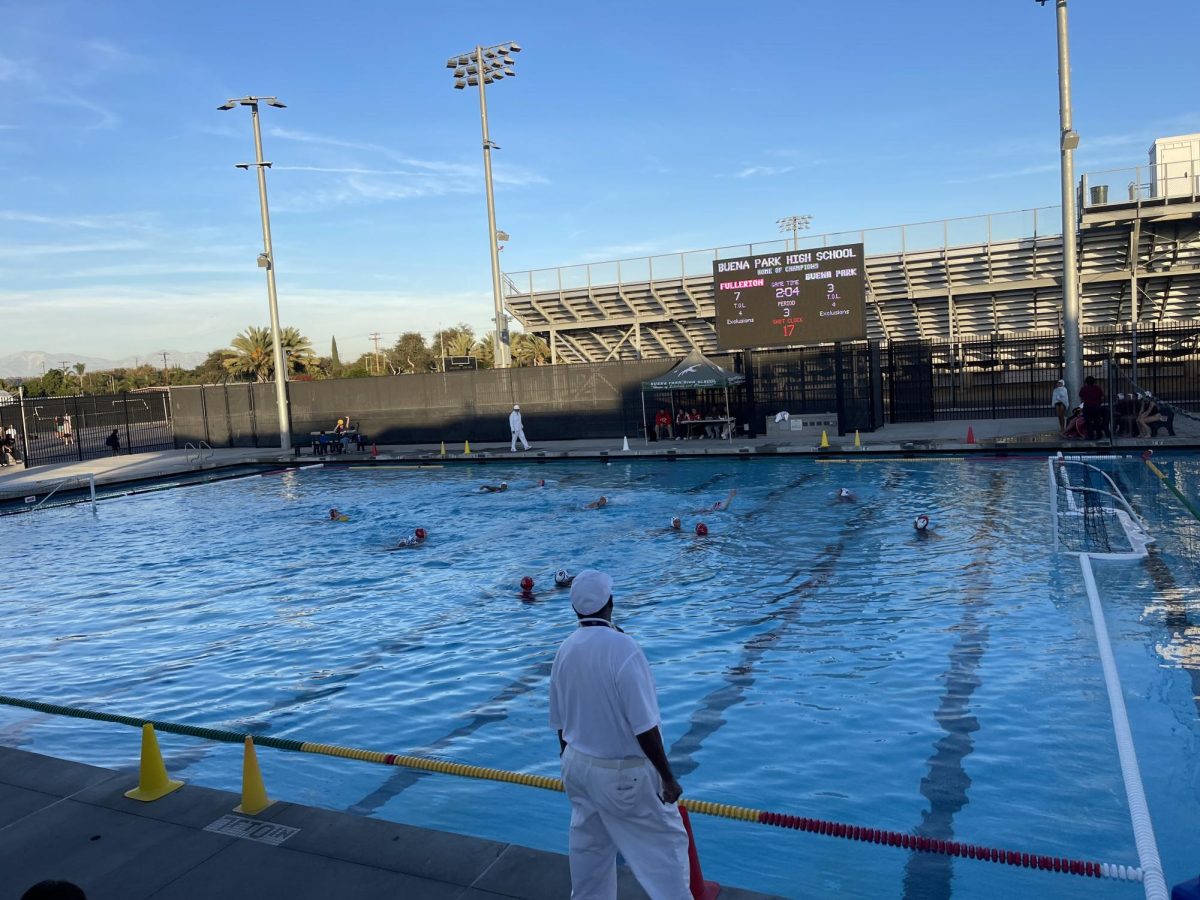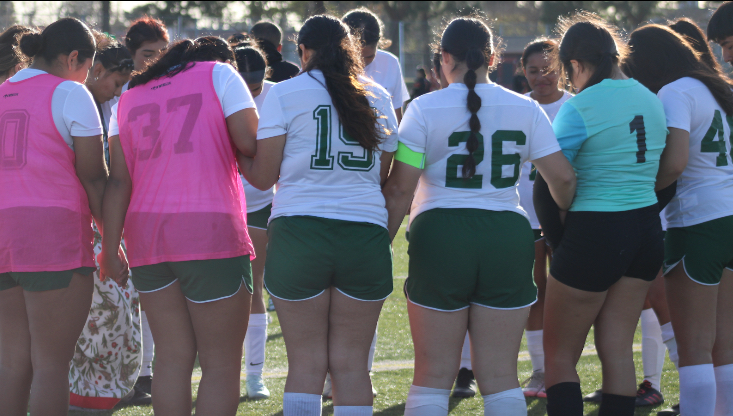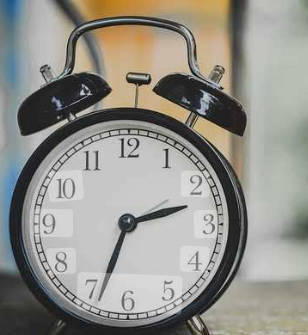
What time do you wake up in the morning? At BPHS, 0-period stars at 7:26 am. Depending on your commute, you may need to wake up at 6 am or even earlier. Some adults may say “I need to do that every day and im fine”, but is that fair? And how does this mix with extracurriculars, work, and family responsibilities? And how much does sleep affect student’s grades and mental health? Luckily, there are multiple studies and papers on this, so let’s take a quick look.
How much sleep do students actually need?
According to John Hopkins University, teenagers need 9-9½ hours of sleep daily. This is an extra hour than what is recommended at age 10. According to nhlbi.nih.gov, This is partly due to their biological and psychological development. In society, we often see getting up early as an accomplishment, and sleeping in as lazy and something to be avoided. You may have heard your parents say ‘You are sleeping the day away!’ as we tend to look at sleeping in using up part of the day. But it does depend on perspective.
Let’s say you need 8 hours of sleep. Anna goes to bed at 9pm and wakes up at 5am and starts her day. Most would say she is productive. But if John goes to bed at 12pm and wakes up at 8pm, some would say that he is wasting the day. Even though they are both spending the same amount of time awake and asleep, Anna gets a much more positive response to her sleep. This is mainly because society is built for most of our daily activities occurring in the morning. And having a different sleep schedule can cause problems in education, work, and relationships.
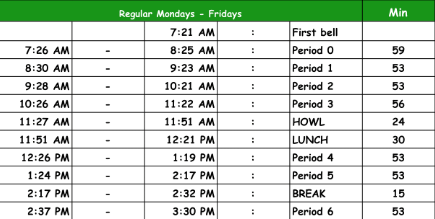
Sleep’s affects on health, academics, and relationships.
According to the CDC, “Children and adolescents who do not get enough sleep have a higher risk for many health problems, including obesity, type 2 diabetes, poor mental health, and injuries.” They also say that 7 out of 10 high school students do not get enough sleep each night. It is safe to say that students dealing with physical and mental health problems will not be able to function at school to their full potential.
Is Late Start Helpful?
According to the CDC, 93% of schools in the US start much earlier than recommended. “Starting school later can help adolescents get enough sleep and improve their health, academic performance, and quality of life.” The CDC recommends that schools start at 8:30 or later so that students have the opportunity to get an adequate amount of sleep.
Luckily here at BPHS, most students start normal class at 8:30 am (This does not take into account students who have 0 period, which starts at 7:26 am). On late start days, however, the 0 period is canceled, and all students go to their first-period class at 9:30 am. This seems to be quite reasonable, giving students a little extra sleep in the middle of the week to boost them until Friday! There may be some issues with students who have a 0 period, but overall, the BPHS Bell Schedule is quite well adapted to the current research we have on sleep and how it affects students!
